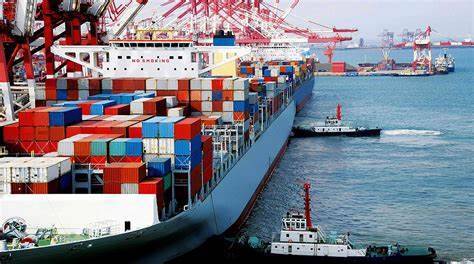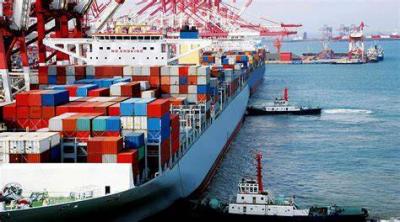The United Nations Conference on Trade and Development (UNCTAD) reported that "shipping traffic passing through the Suez Canal has dropped by 45% in the past two months after shipping companies rerouted vessels in response to Houthi attacks in the Red Sea, causing disruptions to already troubled maritime trade routes." UNCTAD, which supports developing countries in global trade matters, warned of risks related to rising inflation, uncertainty regarding food security, and increased greenhouse gas emissions. Shipping companies have diverted routes away from the Red Sea since the Yemeni Houthi movement, allied with Iran and controlling large areas of Yemen, began attacking vessels in what it claims is solidarity with Palestinians in Gaza. The United States and the United Kingdom have responded with airstrikes against the Houthis.
UNCTAD noted that "the number of vessels that transited the Suez Canal has decreased by 39% compared to early December, leading to a 45% drop in shipping volumes." Jean Hoffman, head of trade logistics services at UNCTAD, explained that "there are now three major global trade routes disrupted, including the Red Sea as well as grain and oil flows since the Russian invasion of Ukraine, and the Panama Canal where drought-induced low water levels led to a 36% drop in shipping last month on a yearly basis and 62% compared to two years ago." He added in a press briefing late Thursday: "We are very concerned... We are witnessing delays, increased costs, and rising greenhouse gas emissions." He further stated that "emissions are increasing because ships are choosing longer routes and traveling faster to compensate for the impact of the rerouting."
Between 12% and 15% of global trade and between 25% and 30% of container traffic passes through the Suez Canal.




